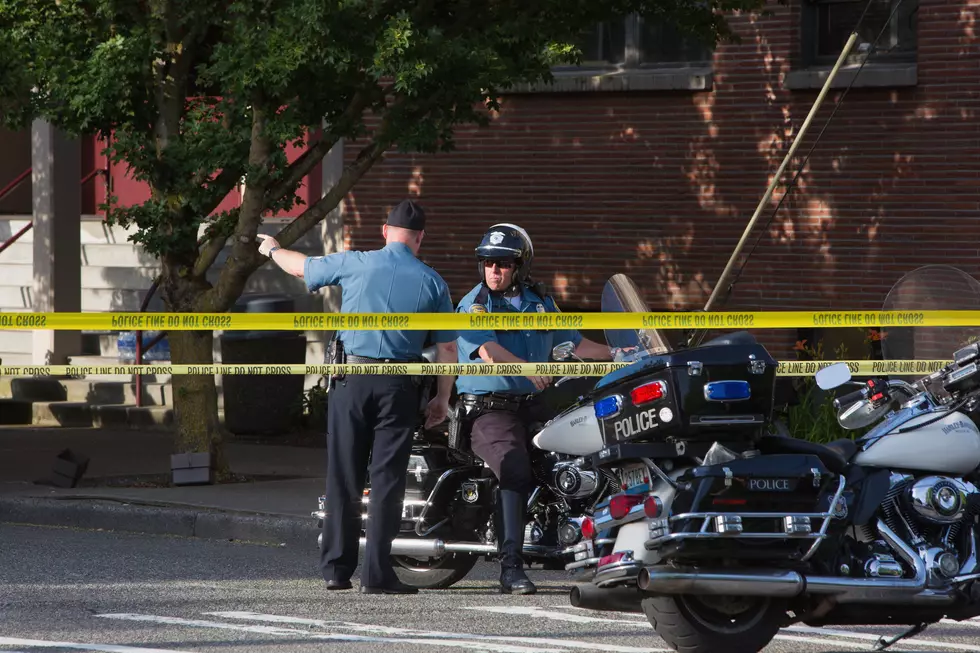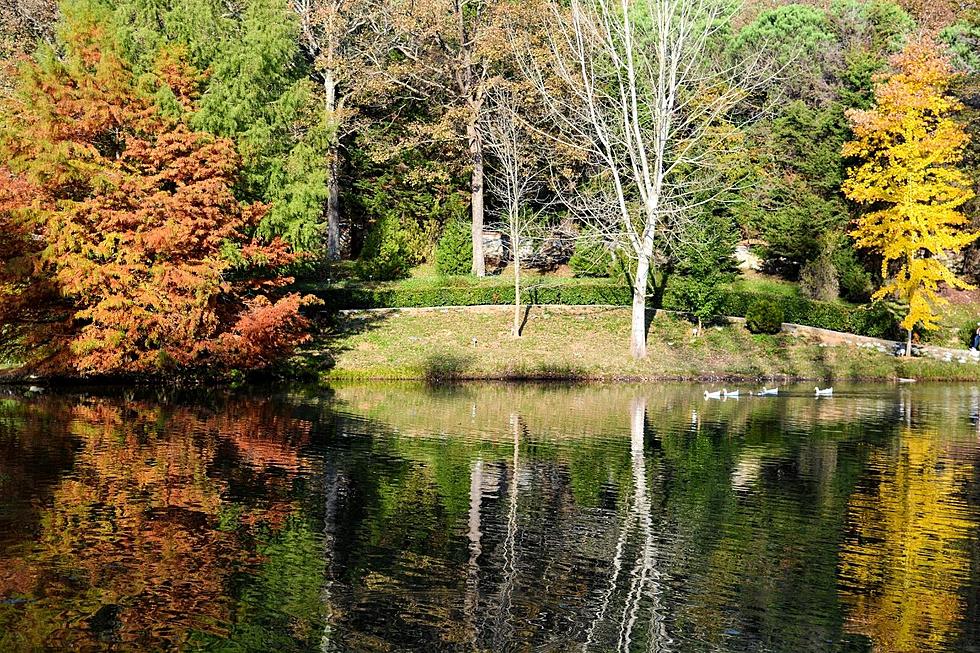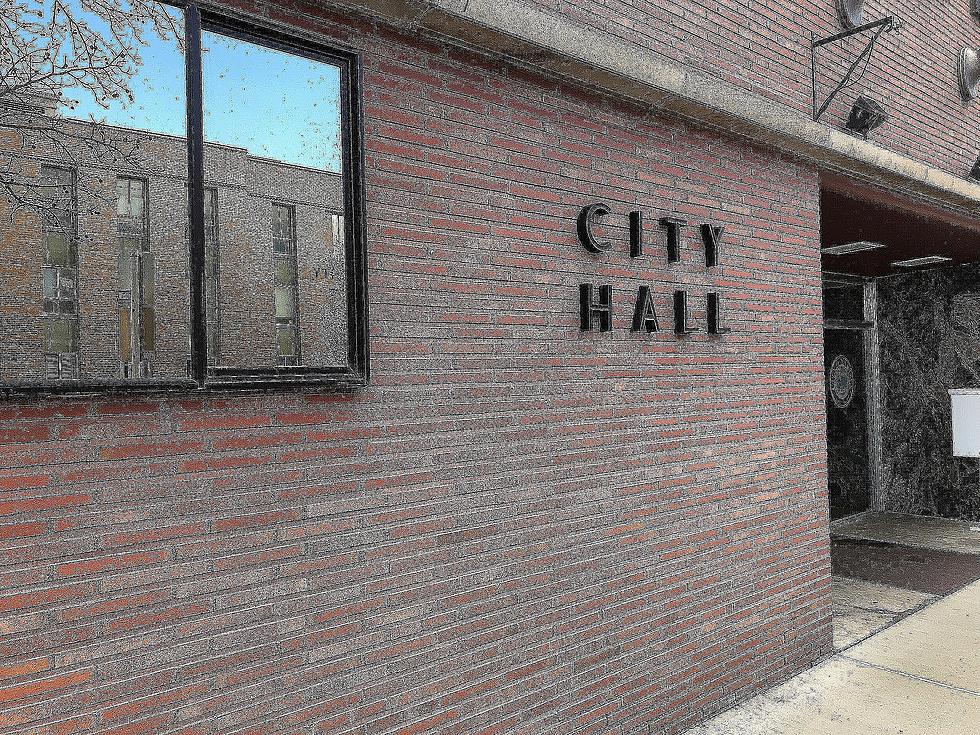
When We Need A Hero, Who Will Respond?
The terrible school shooting in Parkland, Florida raised a lot of questions about the reporting and response systems of government. Critics point to all the times red flags were raised and ignored about the shooter's behavior in school and in his home. The FBI admitted to dropping the ball in following up on tips and warnings and lastly, an armed officer on the scene took a position outside the school and contrary to established policy, failed to enter the school and confront the shooter.
The Broward County Sheriff says he was shocked and sickened by deputy Scot Peterson's inaction. In his defense, Deputy Petersen said he thought the sound of shots first came from outside the school building and his assessment of the situation directed his course of action. Deputy Peterson was suspended and then resigned. President Trump called Peterson a coward. What would you have done in the face of murderous gunfire? Do you have a "hero gene"?
Some people run into a situation to save others, while others run away-- so what is it that makes some people braver than others?
Men's Health interviewed psychologists at Temple University who say there hasn't been a lot of scientific study about why some people are more hard-wired for bravery than others but research has revealed three types of heroes.
There is the situational hero which is someone who risks their life for others in a moment of crisis, but has no history of prior heroic acts. There is the lifelong hero where heroism almost defines that person's life. Finally, there is the 9-1-1 heroism exhibited by first responders - professionals like police officers, firefighters, EMT workers and military personnel.
Researchers say brave people tend to have a cocktail of qualities including risk-seeking, generosity and empathy that were developed in a home atmosphere where moral teachings were valued.
More From News Talk KIT









